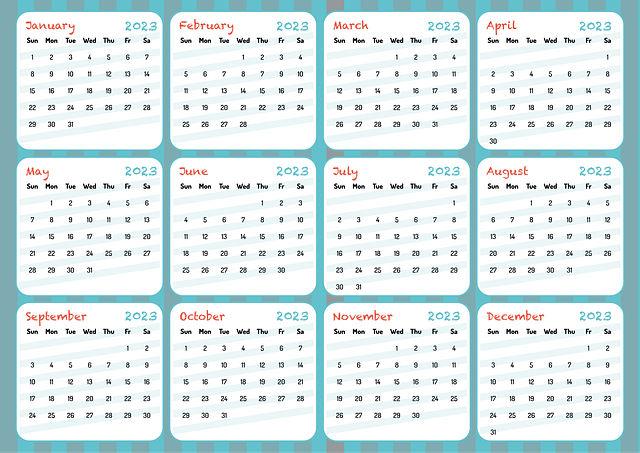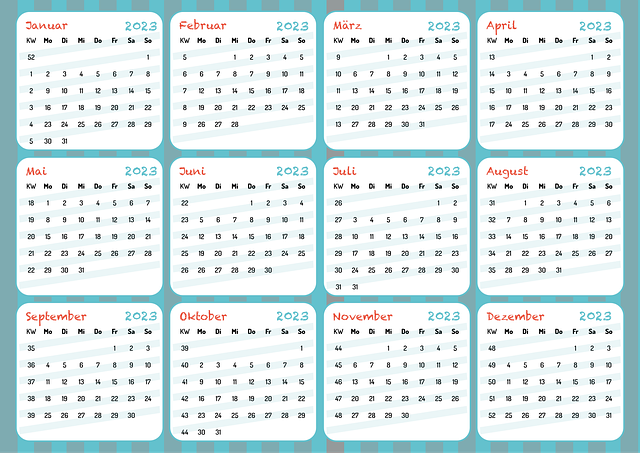Event Planning for Local Businesses: Identify community needs and interests through surveys, focus groups, and town hall meetings. Integrate findings into event themes, activities, and partnerships to foster engagement and a sense of belonging. Research demographics, cultural preferences, and local celebrations to create relevant events that strengthen community bonds. Conduct surveys and focus groups with potential attendees to align events with their needs and expectations, maximizing attendance and satisfaction.
Community outreach events are a powerful tool for local businesses to connect, engage, and grow. This guide explores the art of planning impactful events that resonate with your target audience. From identifying community needs and interests through research and surveys, to crafting an engaging agenda with a mix of educational, entertaining, and interactive elements, we’ll delve into strategies that ensure successful event marketing for local businesses. Discover effective promotion techniques leveraging both digital platforms and traditional methods to maximize reach and foster community collaboration.
- Identifying Community Needs and Interests
- – Researching local demographics and cultural events
- – Conducting surveys and focus groups with potential attendees
Identifying Community Needs and Interests

Identifying community needs and interests is a crucial step in event planning for local businesses. By engaging with residents, business owners, and local organizations, event organizers can gain valuable insights into what matters most to the community. This process involves conducting surveys, hosting focus groups, and attending town hall meetings to understand demographic trends, cultural preferences, and pressing issues. Incorporating these findings into event themes, activities, and partnerships ensures that the gathering resonates with attendees and fosters a sense of belonging.
For instance, a local business planning a community outreach event might discover through their research that many residents are passionate about environmental conservation. Consequently, they could design workshops focused on sustainable practices or organize a clean-up drive, aligning the event with the community’s interests and addressing a pressing local need. Such an approach not only attracts participants but also positions the business as a responsible corporate citizen.
– Researching local demographics and cultural events

When planning community outreach events for local businesses, understanding the demographics and cultural fabric of your target area is paramount. Researching local communities involves delving into data on age groups, ethnic backgrounds, interests, and existing cultural celebrations. This knowledge allows event organizers to create relevant and engaging activities that resonate with the audience. For instance, if a neighborhood boasts a diverse senior population, planning senior-focused workshops or social gatherings can foster intergenerational connections.
Similarly, integrating cultural events into your planning shows respect and encourages participation. Local businesses can collaborate with community centers or cultural societies to organize events that celebrate diverse traditions. This strategic approach not only builds a positive image for the business but also strengthens community bonds. Event planners should stay informed about local festivals, religious observances, and seasonal celebrations, ensuring their initiatives complement rather than compete with these established cultural markers.
– Conducting surveys and focus groups with potential attendees

To effectively plan community outreach events, conducting surveys and focus groups with potential attendees is a strategic step that cannot be overlooked. This process provides invaluable insights into the needs, preferences, and expectations of the target audience, ensuring the event aligns with their interests. Event planners can use these tools to gather data on demographic information, event topics of interest, and desired formats or activities. By understanding the community’s unique requirements, local businesses can design outreach events that foster genuine engagement and maximize attendance.
Surveys and focus groups allow for direct communication with potential participants, enabling organizers to refine their plans based on real feedback. This interactive approach enhances event satisfaction by demonstrating a commitment to inclusivity and accessibility. Moreover, it facilitates the identification of marketing channels most effective in reaching the community, whether through social media, local newspapers, or community boards. Such tailored promotion ensures that Event Planning for Local Businesses remains relevant and engaging, fostering a strong connection with the target demographic.
By understanding the community’s needs and interests through demographic research, cultural event analysis, and direct feedback from residents, local businesses can effectively plan outreach events that foster engagement and strengthen community ties. This strategic approach to event planning not only enhances local business visibility but also contributes to a vibrant and cohesive neighborhood environment. Through these initiatives, businesses can create meaningful connections with their target audience, ensuring long-term success in the competitive market of Event Planning for Local Businesses.
